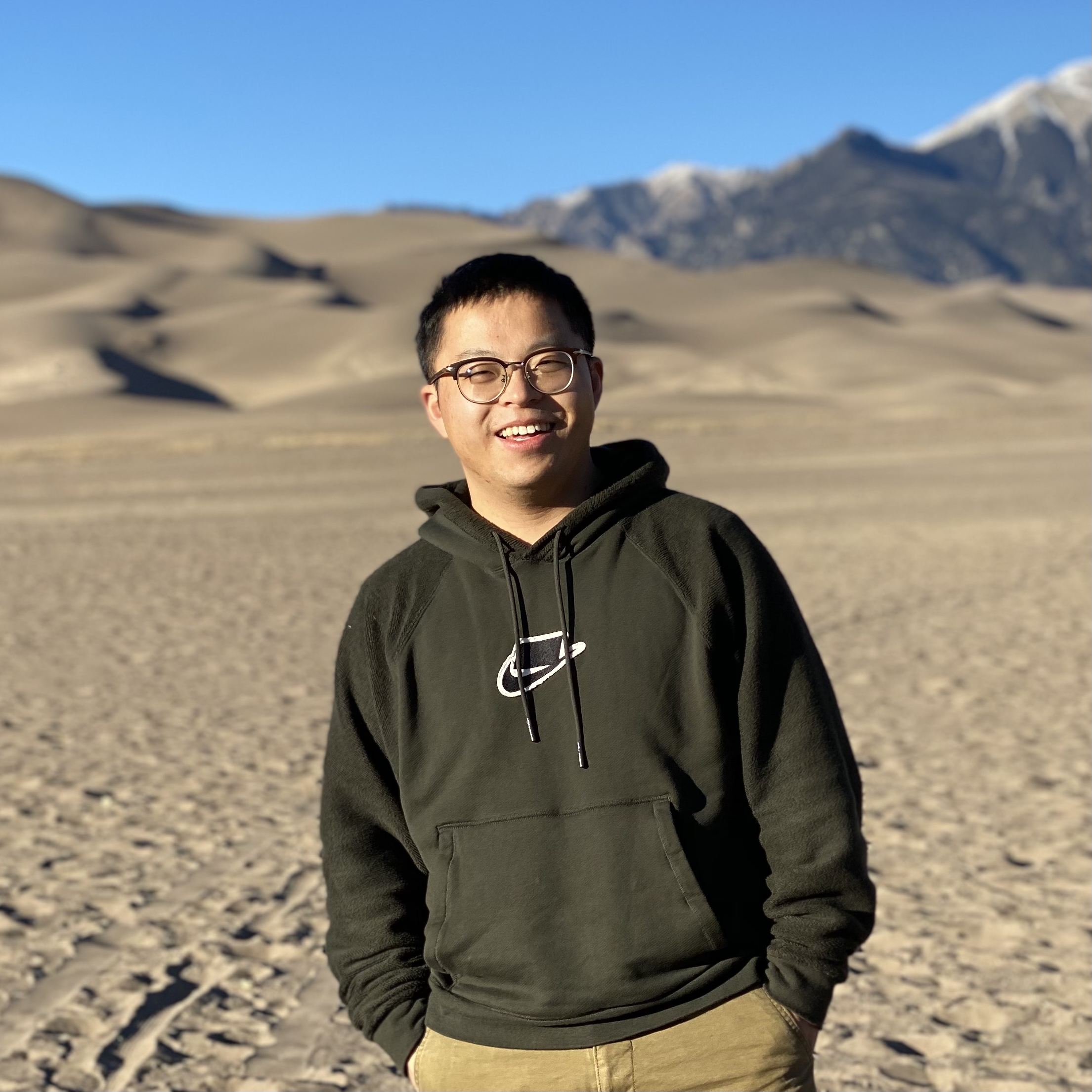| Speaker: Dong Li
Date: Jan 22, 11:45am–12:45pm Abstract: With the proliferation of voice assistants, speakers and microphones are essential components in billions of smart devices that people interact with on a daily basis, such as smartphones, smart watches, smart speakers, smart home appliances, etc. By transferring them into acoustic radars, we have successfully demonstrated the possibility of extending their primary use from simple audio playing and voice-based interactions to multifarious sensing applications, including gesture tracking, vital sign monitoring, and eye blink detection. In this talk, I will introduce how we identify and address the fundamental technical challenges and practical real-world problems, which not only resolve existing system limitations but also Biographical Sketch: Dong Li is a final-year Ph.D. candidate in the Manning College of Information & Computer Sciences at the University of Massachusetts Amherst, under the supervision of Prof. Jie Xiong. Before that, Dong received his M.Eng. in Software Engineering from Shanghai Jiao Tong University and his B.S. in Computer Science from the University of Electronic Science and Technology of China. His research interests include Mobile and Wireless Sensing, Internet of Things, Human Computer Interaction, and Smart Health. The primary goal of his research is to develop innovative sensing and computing systems that can help humanity in healthcare equity, wealth distribution, and environmental sustainability by making them more Location and Zoom link: 307 Love, or https://fsu.zoom.us/j/91440977835 |
||
Search FSU
Close SearchDEPARTMENT OF COMPUTER SCIENCE
College of Arts and Sciences


